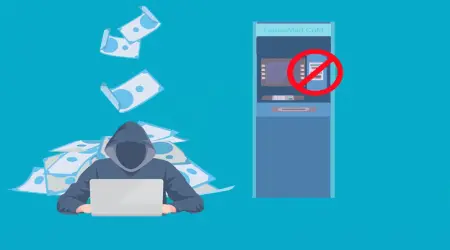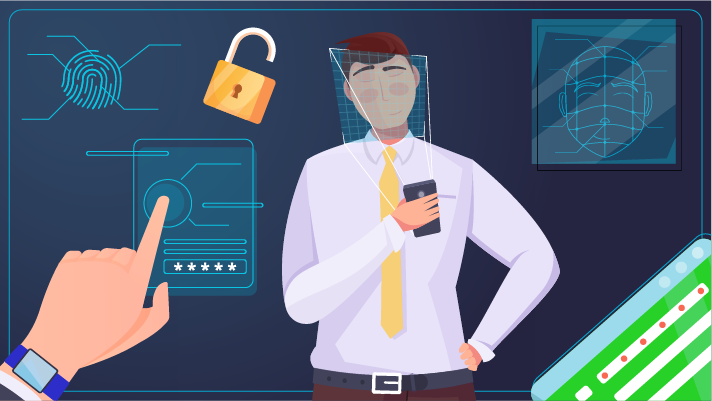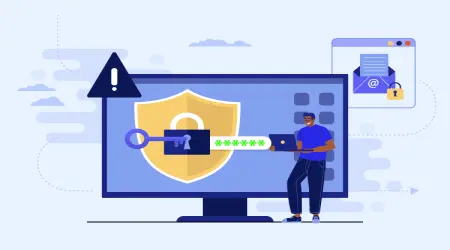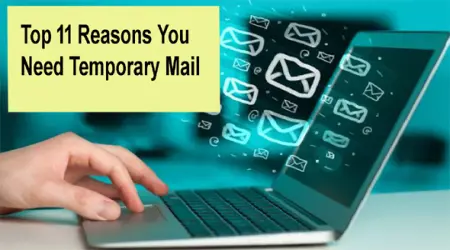

How To Protect Your Privacy with Anonymous Email
In today's digital age, where our personal information is constantly at risk of being compromised, safeguarding our privacy has become paramount. One effective way to maintain anonymity and protect your sensitive data is by utilizing anonymous email services. By using these services, you can communicate securely and confidently, minimizing the risk of your personal information falling into the wrong hands. In this article, we will explore the importance of anonymous email and provide practical tips on how to protect your privacy effectively.
Understanding the Need for Anonymous Email
While traditional email services serve us well in everyday communication, they often lack the necessary privacy measures. Emails sent through regular channels can be intercepted, tracked, and monitored, leaving your personal information exposed to potential threats such as identity theft, or unwarranted surveillance. Anonymous email services, on the other hand, provide an extra layer of protection by concealing your identity and ensuring your communications remain private.
Benefits of Anonymous Email
- Protecting Personal Information: Anonymous email shields your identity by allowing you to use pseudonyms or aliases instead of your real name. This helps to prevent potential attackers from tracing your online activities back to your true identity.
- Preventing Email Harvesting: Anonymous email services minimize the risk of your email address being harvested by spammers, thereby reducing the volume of unsolicited emails in your inbox.
- Avoiding Unwanted Tracking: Regular email providers often track your online behavior, gather data, and use it for targeted advertising. Anonymous email services sever this link, protecting your privacy from intrusive marketing practices.
- Enhanced Security: Anonymous email services typically employ encryption techniques to safeguard your messages, ensuring they remain confidential and unreadable to unauthorized parties.
- Safeguarding Anonymity: Anonymous email allows you to communicate without revealing your true identity. This can be particularly beneficial in situations where you want to maintain confidentiality, such as when whistleblowing, reporting sensitive information, or engaging in discussions where your privacy may be at risk. By concealing your identity, you can participate in online activities without fear of reprisal or retribution.
- Promoting Freedom of Expression: In some regions where internet censorship and surveillance are prevalent, anonymous email services offer an avenue for individuals to express their opinions and share sensitive information without fear of persecution. By protecting your privacy, anonymous email helps preserve freedom of speech and supports open dialogue.
- Resisting Targeted Attacks: Personal information collected through regular email services can be used in targeted attacks, such as phishing attempts or social engineering scams. Anonymous email minimizes the risk of such attacks by reducing the availability of personal data that can be exploited by malicious individuals. This helps safeguard you against various online threats and fraudulent activities.
- Maintaining Professional Anonymity: Anonymous email can be useful in professional contexts where you may need to communicate without disclosing your identity. For example, journalists, researchers, or investigators who work on sensitive topics can utilize anonymous email services to protect their sources and maintain the confidentiality of their work.
Tips for Protecting Your Privacy with Anonymous Email
- Choose a Reliable Anonymous Email Service: Research and select a reputable anonymous email service provider known for their commitment to privacy and security. Look for providers that offer encryption, data protection, and a clear privacy policy.
- Create a New Email Account: Open a new email account exclusively for anonymous communication. Use a pseudonym or an alias that does not reveal your real name or personal details.
- Enable Two-Factor Authentication: Strengthen the security of your anonymous email account by enabling two-factor authentication. This adds an extra layer of protection by requiring a verification code or device in addition to your password.
- Avoid Sharing Personal Information: Exercise caution when sharing personal information through anonymous email. Refrain from providing any unnecessary details that may potentially lead to your true identity.
- Use Encryption for Sensitive Content: When sending confidential information via anonymous email, consider using encryption tools or services. This further secures your messages and ensures that only the intended recipient can access the content.
- Be Mindful of Metadata: Remember that even anonymous email services may leave behind metadata, which can reveal information about your communication patterns. Be mindful of the content you share and take necessary precautions to limit metadata exposure.
- Regularly Update Your Password: Regularly updating your password is essential to mitigate the risk of unauthorized access. Ensure that your password is strong and unique, combining a mix of letters, numbers, and special characters.
- Be Wary of Phishing Attempts: Remain vigilant against phishing attempts, which can trick you into revealing your personal information. Verify the authenticity of emails before clicking on any links or providing any sensitive details.
- Delete Unnecessary Emails: Regularly clean up your inbox and delete any unnecessary emails, especially those containing sensitive information. The fewer traces you leave behind, the better you can protect your privacy.
Conclusion
In an era where our digital footprints are constantly tracked, preserving privacy has become an essential aspect of our online lives. Anonymous email services offer a practical solution for protecting your identity, securing your communications, and maintaining your personal privacy. By following the tips mentioned above and adopting a cautious approach to sharing sensitive information, you can enjoy the benefits of anonymous email and communicate confidently, knowing that your privacy is well-guarded.

